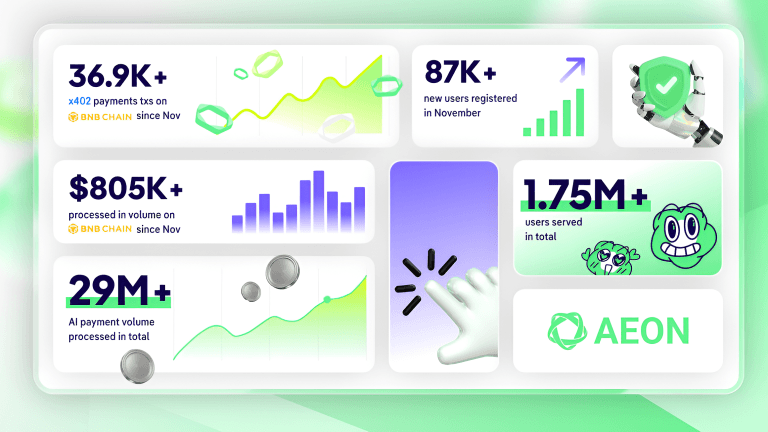Fed’s Jackson Hole Cancellation May Signal Low Mortgage Rates
2 min readLots of people have had to cancel trips in recent weeks as a midsummer resurgence of the pandemic pushed Covid-19 infections and hospitalizations to record highs in many states.
Now, the nation’s central bankers are in the same boat, and it might be a signal that mortgage rates could be staying near historic lows in coming weeks as the Federal Reserve weighs when to start tapering an asset-purchase program it began in 2020 to help the economy weather the pandemic.
On Friday, the Federal Reserve Bank of Kansas City announced it was cancelling the in-person Jackson Hole Economic Policy Symposium slated for Aug. 26 to 28 at the Jackson Lake Lodge in the Grand Teton National Park in Wyoming, saying the spread of the hyper-contagious delta variant made it too dangerous.
The annual gathering, with the soaring Teton Range of the Rocky Mountains as a backdrop, will be replaced by a one-day virtual conference on Aug. 27.
“While we are disappointed that health conditions will prevent us from being able to gather in person at the Jackson Lake Lodge this year as we had planned, the safety of our guests and the Teton County community is our priority,” Esther George, president and CEO of the Kansas City Fed, said on Friday.
Investors in bonds, particulary securities backed with home loans, are watching for any hint of when the Fed might begin slowing its purchases of Treasuries and mortgage bonds. After the Fed became the market’s biggest buyer in March 2020, the boost in competition sent mortgage rates below 3% for the first time ever in July 2020.
The average U.S. rate for a 30-year fixed mortgage reached an all-time low of 2.65% in January’s first week, according to Freddie Mac data that goes back to 1971. Last week, the rate was 2.86%, the mortgage securitizer said.
Investors in fixed assets may take the Fed’s decision to nix the in-person gathering as an acknowledgement the U.S. isn’t out of the pandemic yet, and a sign it won’t be rushing to extricate itself from a monthly commitment to buy $80 billion of Treasuries and $40 billion of mortgage-backed securities.
After a national vaccination program began opening up the economy earlier this year, the Fed’s rate-setting Federal Open Market Committee began discussing tapering the asset purchases. Minutes of the July meeting released last week showed most FOMC members wanted to start paring purchases in the second half of the year. That was before hospital ICUs began filling up with Covid-19 patients who had declined the vaccine or were too young to be eligible for it.
“The Fed has been reassuring markets since last year that they will keep buying bonds as long as there’s a concern that the pandemic is going to slow the economy,” said Mark Goldman, a mortgage broker with C2 Financial Corp. in San Diego. “Now, we’re hearing every day that hospitals are full, and that’s not a sign that the economy is about to take off.”







